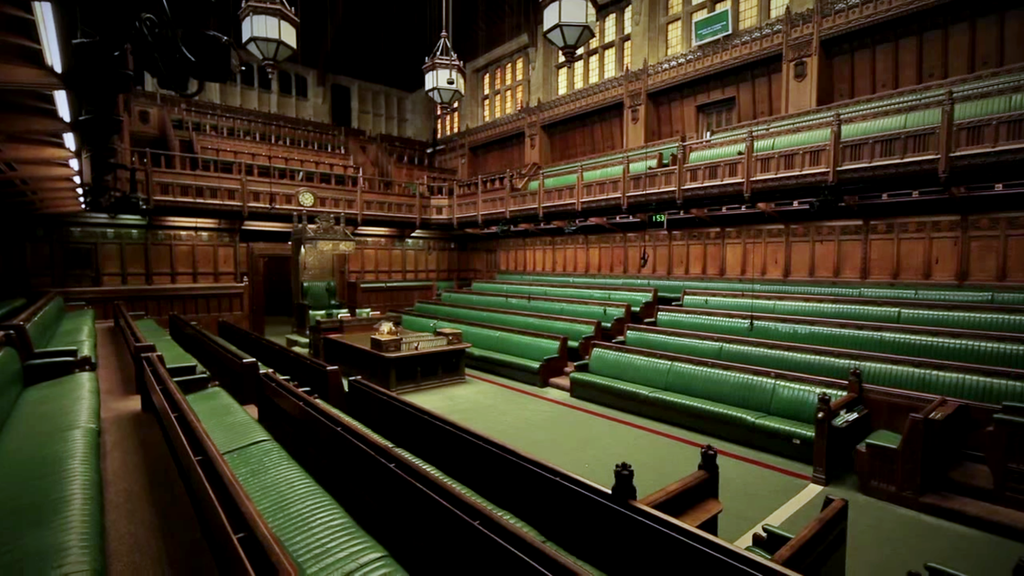Opinion Pieces
Essays published by Green House Think Tank which explore a particular, usually topical, issue or subject from author's perspective. Formerly called 'Green House Gases'
Preparing for the Improbable
An extended review by John Foster of Extinction Rebellion: Insights from the Inside, Rupert Read and Samuel Alexander (Simplicity Institute, 2020). Corona, Climate, Chronic Emergency: War Communism in the Twenty-First Century, Andreas Malm (Verso, 2020)
Building Back Differently: A Climate Emergency Recovery from COVID-19
Jonathan Essex's gas examines the lessons we need to draw from the covid crisis in order to rebuild and ensure an equitable recovery from this crisis.
The UK government economic policy responses to the COVID-19 pandemic: Three possible lessons for climate emergency planning
This gas looks at government economic policy. Could there be a radically different role for the state?
The COVID bonus? – a dissenting note
John Foster's gas compares Covid and climate emergency issues and argues they are completely different, and the covid crisis is far easier to understand.
Will COVID-19 help us tackle climate change?
This 'gas' discusses three of these possible changes, two of which may be positive for tackling the climate crisis and one negative, before going on to outline some similarities and differences between climate change and COVID-19.
This is what a real emergency looks like: what the response to Coronavirus can teach us about how we can and need to respond to the planetary emergency
John Barry, a member of Green House’s advisory group, considers what the response to Coronavirus can teach us about how we can and need to respond to the planetary emergency.
From the COVID-19 Crisis to a Sustainable Economy: What progressive politics needs to do now
Loske argues the crisis is a turning point. It divides time into a "before" and an "after". It exposes so many ecologically questionable practices that consequences must and will follow. The disregard for natural boundaries has led us to more vulnerability and more dependence
Extinction, rebellion and Extinction Rebellion
John Foster's extended review of 'This Civilisation is Finished', 'Truth and its consequences' and 'Common Sense for the 21st Century' and concludes rapid action is imperative
‘Official! – climate change is real’. Now: what is to be done?
Climate danger is no longer just one interpretation of the evidence, but what the evidence now decisively demonstrates how things really are. the UK Green Party should actively pursue necessary political changes to climate catastrophe, without waiting for majorities to be convinced by its campaigns
Brexit
Andrew Pearmain's gas and Polemic against Brexit, the state of the nation and the biggest challenges we need to address.
Conflicted about emotions: ecological grief, love and truth
Emotions are important in explaining our motivations and behaviour but have been left out of the discourse on climate change. Mental health impacts of climate change need to be acknowledged. We need a collective mourning of what we are losing so we create space for the new, better ways of living
Progressive Politics: What is it, what is it for, and how do we get it?
Gas by Sara Parkin, Principal Associate of the Sustainability Literacy Project, and former Leader of the Green Party.












